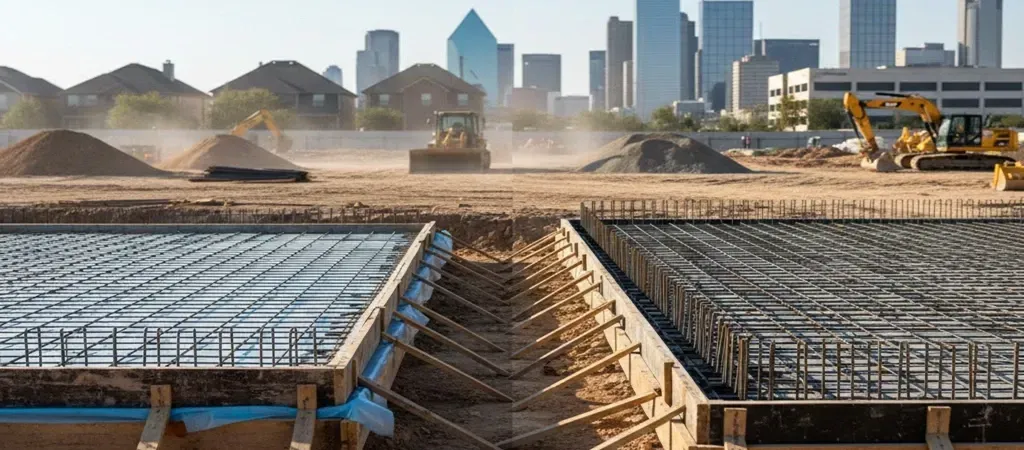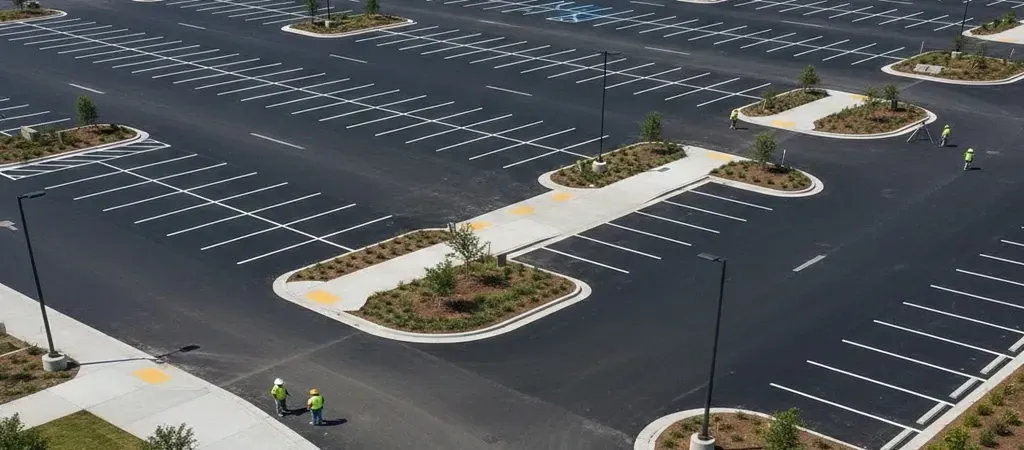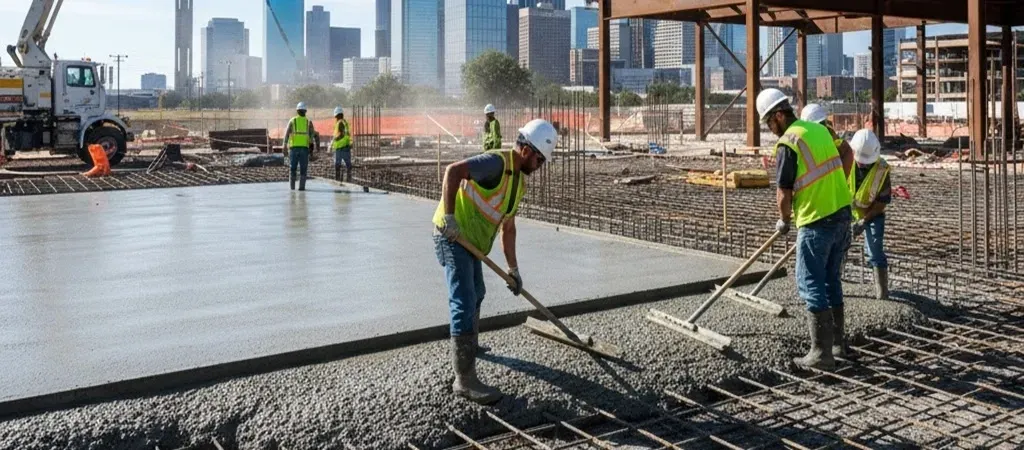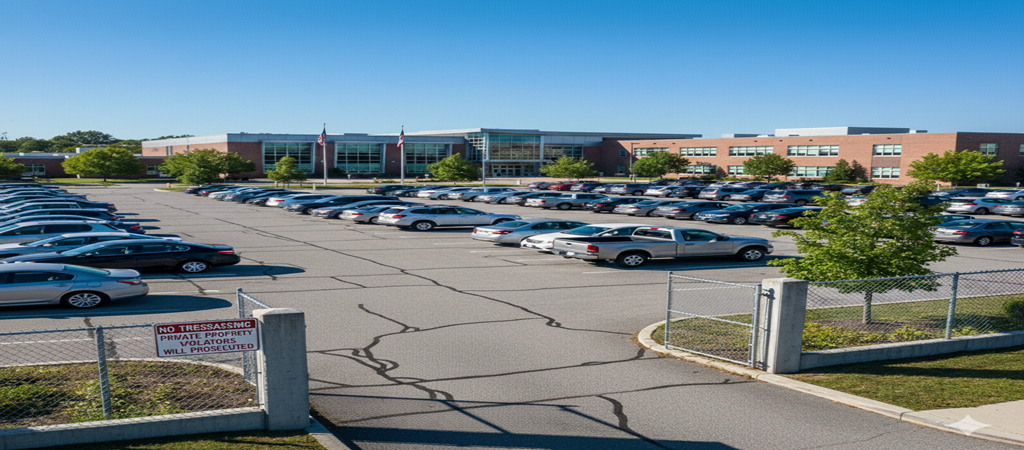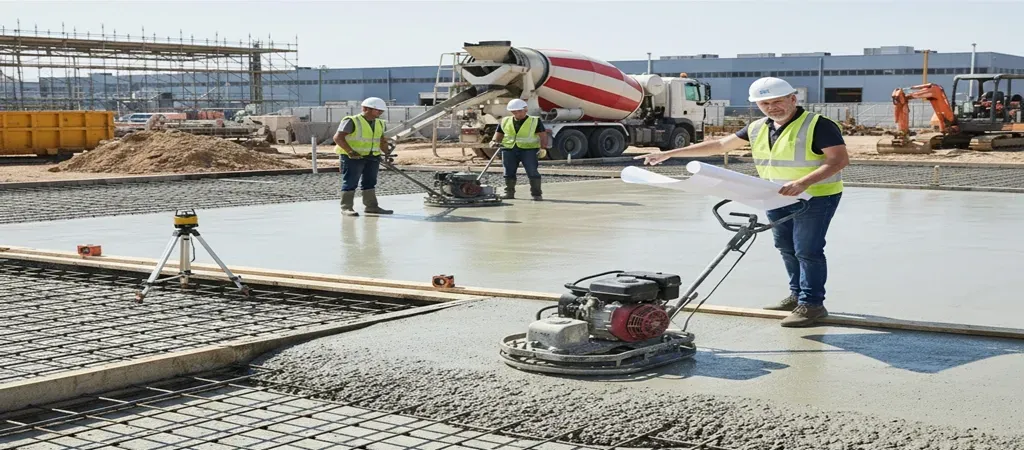5 Key Qualities to Look for in a Dallas Concrete Contractor
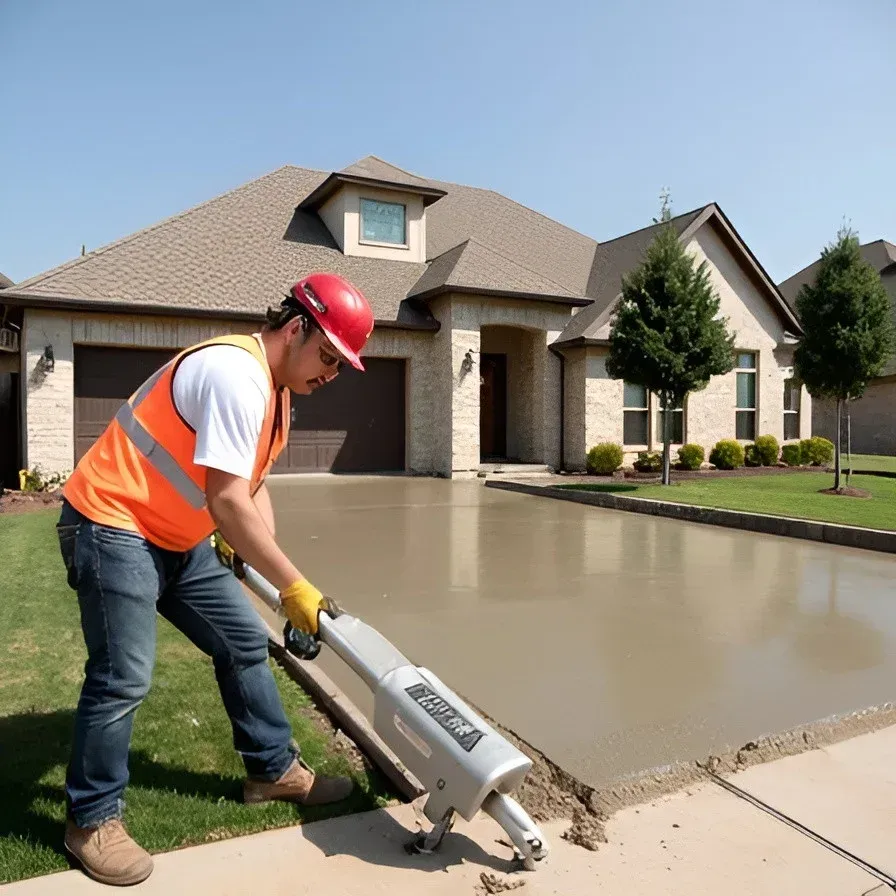
Concrete has taken over the building industry as the widely used material for structures of all shapes and sizes. It isn’t hard to imagine why when it boasts of strength, multi-functionality, and longevity. Not only is concrete a formidable material for any project of your choice but because it has now become a conventional component in construction, it is not difficult to find a specialized contractor in Dallas who can cater to your needs and help you in bringing your plans to life.
Choosing the Right Concrete Contractor may overwhelm you with the large selection that you can come across in
Dallas, but there are certain important points to look out for that should influence your decisions.
If you are interested in starting a
concrete project in Dallas but need help choosing the right contractor, we’ve made a checklist of the best qualities to look for in a concrete contractor that can help you in your selection process.
License and Experience
When looking for a qualified Dallas contractor, make sure to always check their certification. Being a licensed contractor may not be the only deciding factor in judging their competency in the field but it lets you know that they are knowledgeable about the scope of work and have been fully trained for the specific job.
Years of experience sharpens the skill of a capable professional, this is why a contractor who has an accomplished background in delivering projects such as the one you are intent on building, will assure you of an undertaking that is done smoothly and efficiently.
Portfolio and References
Do they have something to show for when they speak of experience? Looking into the portfolio or photo collections of the contractor’s past projects is like looking through proof of the quality of the build and a sneak peek into their workmanship.
When searching for a contractor in Dallas, take a look at concrete projects in your neighborhood that are similar to what you have in mind because these can also qualify as a portfolio. Asking homeowners who they had their work done with and who they would recommend when it comes to these types of projects can help you determine the standing reputation of the given company and their shown proficiency in their abilities.
Numerous referrals add confidence in a contractual company that has guaranteed time and time again the good quality of their work and expertise in the field.
Good Communication
Questions and clarifications? Communication is key. A reliable concrete contractor is a professional who can keep good communication open on matters such as budget, limitations and processes transparent and understood by all. Being the primary point of
contact between the client and the workers, they are accountable for notifying mistakes, and abrupt changes in the project requirements.
They must manage timelines, oversee quality control, and address any concerns or adjustments that arise during the project. This transparency is crucial when collaborating with teams as they build trust between client and contractor which in turn creates a more positive workflow and workspace for the build.
Cost and Budget
Different contractors have different price ranges when accepting a project. It would usually take one look at a project plan for a seasoned contractor to give a rough quote and estimate for its build. Experienced professionals can identify the need for rebars, added permits, and the cost of the undertaking’s building materials.
A good concrete contractor can work around a given budget and help you manage your expectations without compromising your needs. Gathering price quotes from selected contractors can help you determine whether the breakdown of the estimates is clear, worth the quality of work, and free of any hidden charges.
This approach ensures transparency in costs and allows for informed decision-making alongside understanding how each contractor plans to distribute resources and manage the project within budget constraints.
Quality and competency
How good are they at what they do? Although quality and competency do not stand alone in being the critical components in selecting your concrete contractor, these are key factors in judging their abilities alongside their certified background experience, values, and cost.
The characteristic of a reliable contractor stems from bringing quality to the table in all of their endeavors. This meant not only the quality of their workmanship skills but also the quality of the materials they put into your project. Knowing where and how they acquire their concrete and other given supplies will ensure that you're getting the best materials for your project. It reflects their commitment to delivering results that meet or exceed expectations, ensuring durability, reliability, and overall aesthetic appeal. This attention to detail will speak volumes about their professionalism and dedication to providing value and peace of mind to their clients.
